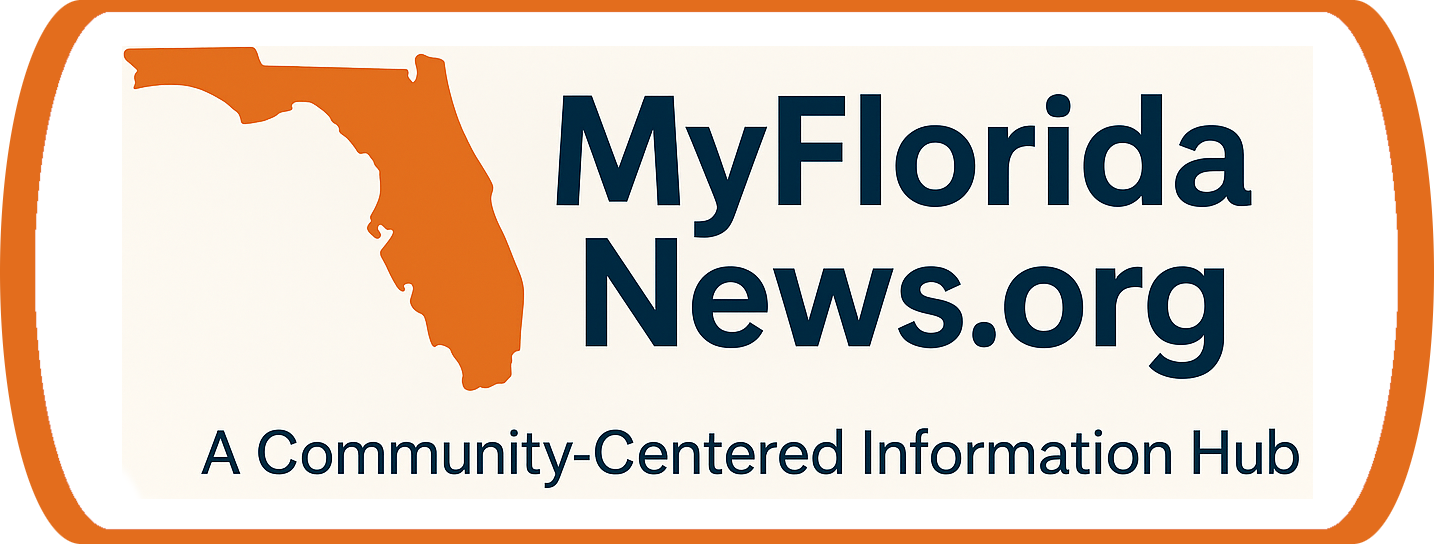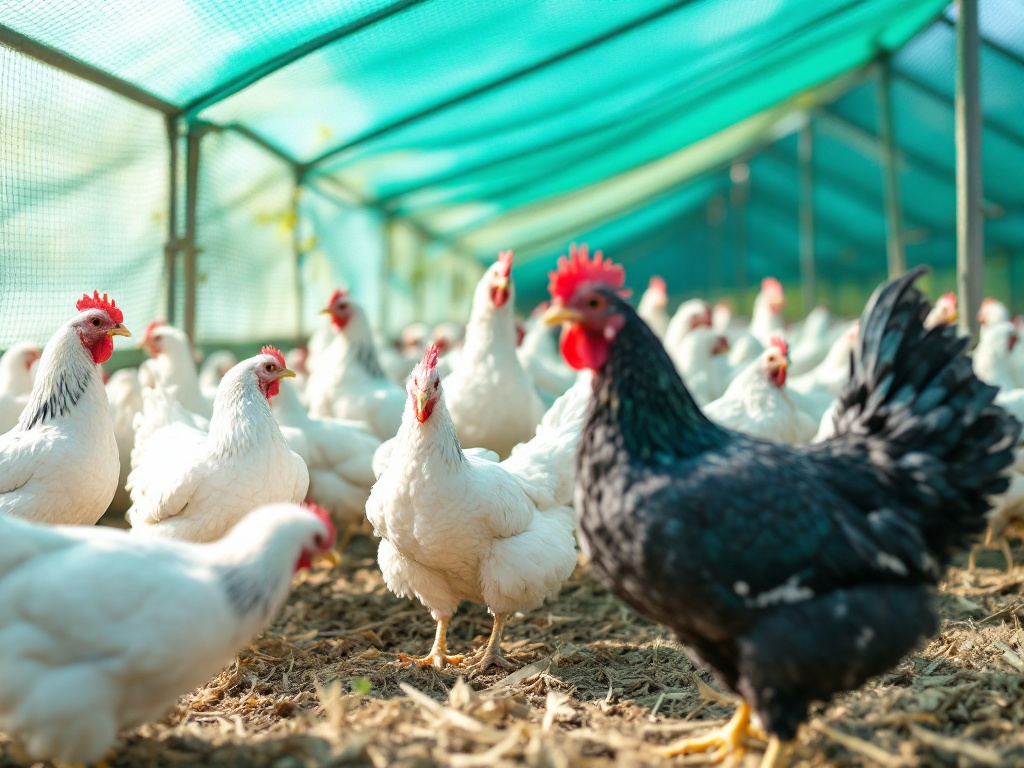Image generated by flux-ai.io & content generated by ChatGPT Version 4o-mini
Protecting Poultry: A Key Focus for Farmers in Highlands County
Highlands County, known for its rich agricultural landscape, has a lot at stake when it comes to poultry farming. Recent research by scientists Gary Butcher and Mojtaba Yegani highlights the importance of biosecurity in the poultry industry, especially as we face increasing threats from diseases that can affect chickens and turkeys.
What is Biosecurity?
Biosecurity refers to practices that prevent the introduction and spread of diseases on farms. It’s not just about keeping visitors away; it involves a comprehensive approach to hygiene and management that protects the health of the birds. Maintaining healthy poultry is vital for farmers, as a strong flock often leads to better profits.
In Highlands County, where agriculture plays a significant role in the economy—especially with livestock and citrus—understanding and implementing biosecurity measures can directly impact local farmers’ bottom lines.
The Growing Threat of Poultry Diseases
The poultry industry has seen rapid growth, but with that growth comes an increase in disease outbreaks. Conditions like avian influenza and infectious bursal disease can devastate flocks, leading to significant economic losses. Here in Highlands, where many residents depend on agriculture for their livelihoods, the implications of such outbreaks can be severe, not just for farmers but for the community and local economy as well.
The study points out that diseases can spread through various channels, including contaminated feed, water, and even human interaction. For example, if a farmer brings sick birds or eggs from an outside source, it can introduce infectious agents to an otherwise healthy flock.
Why Biosecurity Matters
With the rise of antibiotic regulations, farmers are encouraged to focus more on disease prevention rather than treatment. This shift means that implementing strong biosecurity measures is more crucial than ever. Butcher and Yegani emphasize that good biosecurity practices can mitigate the risk of disease outbreaks, which is essential for maintaining consumer confidence in poultry products.
In Highlands County, this is particularly relevant. Many local families consume poultry products daily, and public trust in the safety of these products is vital for supporting local farmers and the economy. If disease outbreaks are managed effectively through biosecurity, it reassures consumers that the food they purchase is safe.
What Can Farmers Do?
Farmers are encouraged to adopt tailored biosecurity programs that fit their specific operations. This includes regular training for staff, ensuring clean equipment, and monitoring the health of their flocks closely. For instance, making sure that all employees understand the importance of cleanliness and have the right protocols can make a big difference.
Moreover, farmers should be aware of the potential risks posed by wild birds and rodents, which can carry diseases. Simple measures, such as keeping feed stored securely and ensuring proper sanitation, can significantly reduce these risks.
Conclusion
As the poultry industry continues to expand, the findings from Butcher and Yegani remind us that vigilance is key. For residents of Highlands County, supporting biosecurity in poultry farms means supporting local agriculture, which is an essential part of our community’s identity and economy. By understanding the importance of these practices, we can all contribute to a safer, more prosperous Highlands County.
References
VM176/VM138: Biosecurity for the Poultry Industry. (n.d.). Ask IFAS – Powered by EDIS. https://edis.ifas.ufl.edu/publication/VM138

